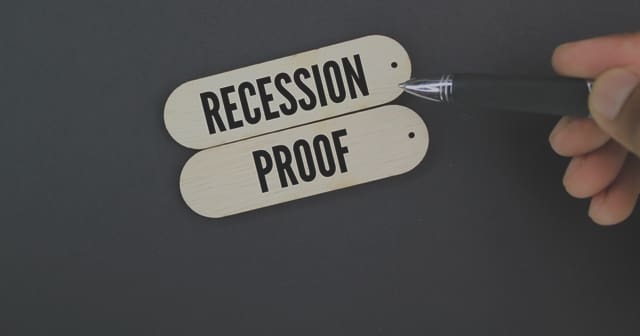During an economic downturn, real estate professionals must shift their focus to digital marketing to maintain a steady flow of leads. A well-optimized website with high-ranking keywords, compelling content, and local SEO will attract motivated buyers and sellers. Social media platforms like Facebook, Instagram, and LinkedIn allow agents to engage with their audience through valuable content, virtual tours, and live Q&A sessions. Email marketing campaigns targeting past clients and potential leads keep your brand top-of-mind when they’re ready to buy or sell. Investing in pay-per-click (PPC) advertising can also provide a strong return on investment when organic traffic slows.
Adapt to Changing Buyer and Seller Behavior
Consumer behavior often shifts during economic downturns, requiring real estate agents to adjust their sales strategies. Buyers may become more cautious, seeking affordable homes and better financing options, while sellers may delay listing until the market stabilizes. Educating clients on creative financing solutions, such as lease-to-own agreements or seller financing, can help close deals that might otherwise fall through. Implementing virtual showings and 3D tours makes the buying process more convenient for hesitant buyers. Transparency, flexibility, and a consultative approach will build trust and keep deals moving, even in challenging times. By addressing client concerns proactively, you can ensure continued success.
Strengthen Client Relationships and Referrals

Building long-term relationships with clients is crucial to sustaining business during a recession. Stay connected with past clients through personalized follow-ups, home value updates, and market insights to reinforce your role as a trusted advisor. Encourage satisfied clients to refer friends and family by offering incentives, such as discounts on future transactions or exclusive market reports. Hosting virtual or in-person events, like home-buying seminars or investment workshops, positions you as an expert in the field. Leveraging positive testimonials and online reviews strengthens credibility, making it easier to secure new business. A strong referral network can help you maintain steady transactions, even when new leads slow down.
Diversify Your Real Estate Services
Relying solely on one segment of the real estate market can make your business vulnerable during a downturn. Consider expanding your services to include property management, real estate investing, or short-term rentals to create additional revenue streams. Working with investors looking for distressed properties can be lucrative, as economic downturns often lead to increased foreclosure activity. Developing partnerships with mortgage brokers, contractors, and financial planners provides clients with a one-stop-shop experience, making your business more resilient. Exploring commercial real estate opportunities or assisting with lease negotiations can also help balance income fluctuations. Diversification ensures that your business remains profitable, regardless of market conditions.
Master Market Trends and Data Analysis

Understanding economic indicators and real estate trends allows agents to adapt their strategies effectively. Monitoring interest rates, housing inventory, and employment data helps predict market shifts, enabling you to adjust your approach accordingly. Offering clients in-depth market reports with clear insights into buying and selling opportunities positions you as a knowledgeable resource. Utilizing predictive analytics and AI-driven tools can provide data-driven insights that give you a competitive edge. Keeping a close eye on local and national trends allows you to advise clients on the best course of action, ensuring they make informed decisions even in uncertain times. Knowledge is power, and staying ahead of the curve ensures business stability.
Conclusion
A recession-proof real estate business is built on adaptability, strong client relationships, and strategic marketing efforts. By leveraging digital marketing, diversifying services, analyzing market trends, and adjusting to changing buyer behavior, real estate professionals can maintain success even during economic downturns. Strengthening your online presence, nurturing past clients, and staying ahead of market trends will give you a competitive advantage. Recessions can present challenges, but they also offer opportunities for agents who are prepared and proactive. By implementing these strategies, you can build a resilient business that thrives in any economic climate.
#RealEstateMarketing #RecessionProofBusiness #RealEstateSuccess #LeadGeneration #RealEstateTrends #SEOforRealtors #DigitalMarketing
